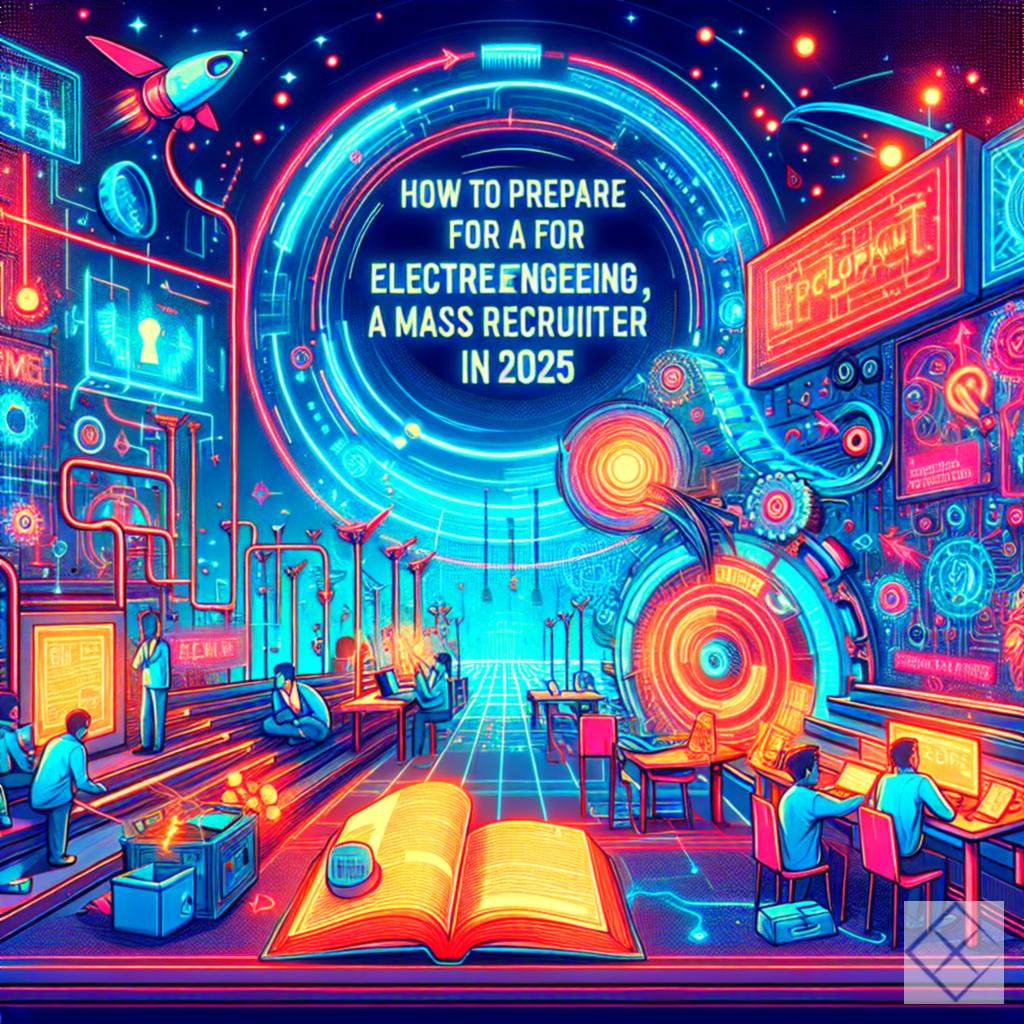How to prepare for a mass recruiter in 2025

How to Prepare for a Mass Recruiter in 2025
As a third-year electrical engineering student from a tier 1.5 college (NIT) in India, you’re standing at a crucial juncture in your academic journey. With campus placements around the corner, it’s essential to gear up effectively. Here’s a structured approach to help you maximize your preparation over the next eight months.
Assessing Your Current Standing
You have a solid foundation with a background in data structures and algorithms (DSA), having solved around 150 questions, primarily focused on binary trees. Additionally, your practical experience through projects—especially the two hackathon winners—demonstrates your capability to apply your knowledge in real-world scenarios.
However, it’s important to recognize areas for growth. Your self-identified gaps include:
- Limited knowledge of core computer science subjects.
- A hiatus from web development, which may impact your versatility in tech roles.
Creating a Structured Study Plan
1. Core Computer Science Subjects
Since you mentioned having zero knowledge of core CS subjects, it’s imperative to dedicate time to learn the fundamentals. Focus on:
- Operating Systems: Understand processes, threads, and memory management.
- Database Management: Get familiar with SQL and basic database concepts.
- Networking: Learn about protocols, IP addressing, and basic networking concepts.
- Software Engineering Principles: Grasp the software development lifecycle and methodologies.
Recommended Resources:
- Books: “Computer Networking: A Top-Down Approach” by Kurose and Ross, “Operating System Concepts” by Silberschatz.
- Online Courses: Platforms like Coursera and edX offer valuable courses on these subjects.
2. Data Structures and Algorithms
While 150 problems is a good start, you should aim for a more comprehensive approach. Instead of overwhelming yourself with a massive list of 500-600 questions, consider:
- Focused Problem Sets: Use curated DSA sheets that target specific data structures or algorithms.
- Practice Platforms: Websites like LeetCode, HackerRank, or CodeSignal provide tailored challenges.
Suggested DSA Focus:
- Arrays and Strings
- Linked Lists
- Trees (especially Binary Trees, as you mentioned)
- Graphs
- Dynamic Programming
- Backtracking
3. Project Development and Technical Skills
Since you have project experience, consider expanding your technical skills. Revive your web development knowledge by:
- Learning the Basics: Revisit HTML, CSS, and JavaScript through online tutorials.
- Building Projects: Create a personal website or a web application to showcase your skills.
4. Mock Interviews and Coding Competitions
Participate in coding competitions to enhance your problem-solving speed under pressure. Additionally, engaging in mock interviews can help you get comfortable with the interview format and improve your communication skills.
Platforms for Mock Interviews:
- Pramp
- Interviewing.io
- LeetCode’s mock interview feature
Building a Support Network
Engage with peers, mentors, and online communities. Platforms like GitHub, LinkedIn, and various tech forums can provide insights, feedback, and opportunities for collaboration.
Conclusion
With eight months ahead of you, a structured approach focusing on core CS subjects, targeted DSA practice, project development, and mock interviews will position you strongly for campus placements. Remember, consistency is key. Leverage resources wisely, and don’t hesitate to ask for help when needed.
Top Comments from the Community
Can you suggest me DSA sheets comprising not like 500-600 questions that seem like a mountain?
- Absolutely! Look for curated DSA sheets available on GitHub or platforms like GeeksforGeeks. These typically focus on high-yield topics and can streamline your preparation.
Cfbr
- Could you clarify what you mean by “Cfbr”? Engaging with the community can often yield helpful insights.
Good luck on your journey, and remember that preparation is just as important as knowledge itself!